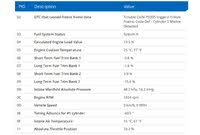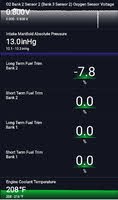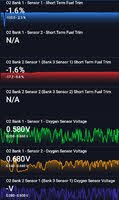2004 Grand Cherokee 4.0 Misfire
I have a 2004 Grand Cherokee Laredo. I started to get the
error code P0305. I do feel some misfires time to time,
however the vehicle runs a little rough from one or two
exhaust leaks so I'm not sure how frequent the misfires
really are. I don't have a scan tool that has an active
counter. One exhaust leak is pretty far down the pipe where
the two exhaust pipes join before the muffler
I've tried a bunch of things to fix the error code and have
gotten the code to go away on its own twice for
approximately a day or two. Each time I've made multiple
changes so I can't pinpoint anything.
Anyway, here's a short list of things done:
6 spark plugs changed
Coil pack inspected and checked with multimeter and
spark tester, appears fine
Fuel injectors checked with multimeter while cold and hot
engine, no problems (#5 and #3 injector switched as well
which did not help)
One day I cleaned out a bunch of debris in the air box and
bought a new coil rail. This removed the light for a couple
days, but then came back.
The other day I changed the air filter, cleaned out the
throttle body, and cleaned out the idle air controller. I
cleaned out the terminals on the 3 wiring connected to the
throttle body. I also swapped a few of the spark plugs
around including #5. This removed the check engine light
for a day.
With the advice of someone, I tested the driver wires on the
injector plugs with a multimeter while the pcm was
disconnecting. I got no reading and was unable to locate a
short. I have attached photos of live data/freeze frame.
It should be noted the new plugs are already pretty dirty
with a black/gray soot look. Also, previously the trim on the
vehicle showed it was running rich, but more recently it
looked more even. This leads me to believe a bit too much
fuel is getting into the engine than needed.
Right now from my research, I think either the o2 sensors,
map, or fuel pump/regulator may be bad causing too much
fuel to get in. My main question is whether I sound like I am
on the right track or not. I'm not very experienced, and if
you know something I'm missing please advise. I'm in the
process of buying some equipment to test the
aforementioned possible problem causes. Thank you for
your time and help!


